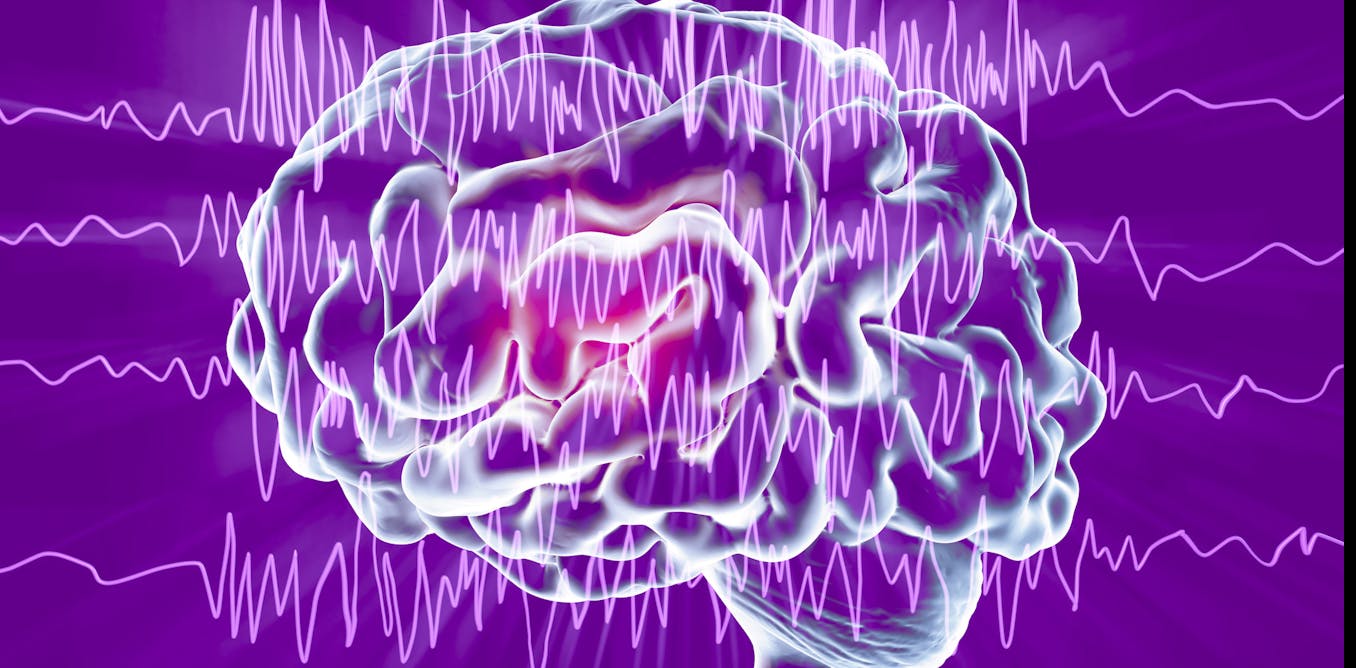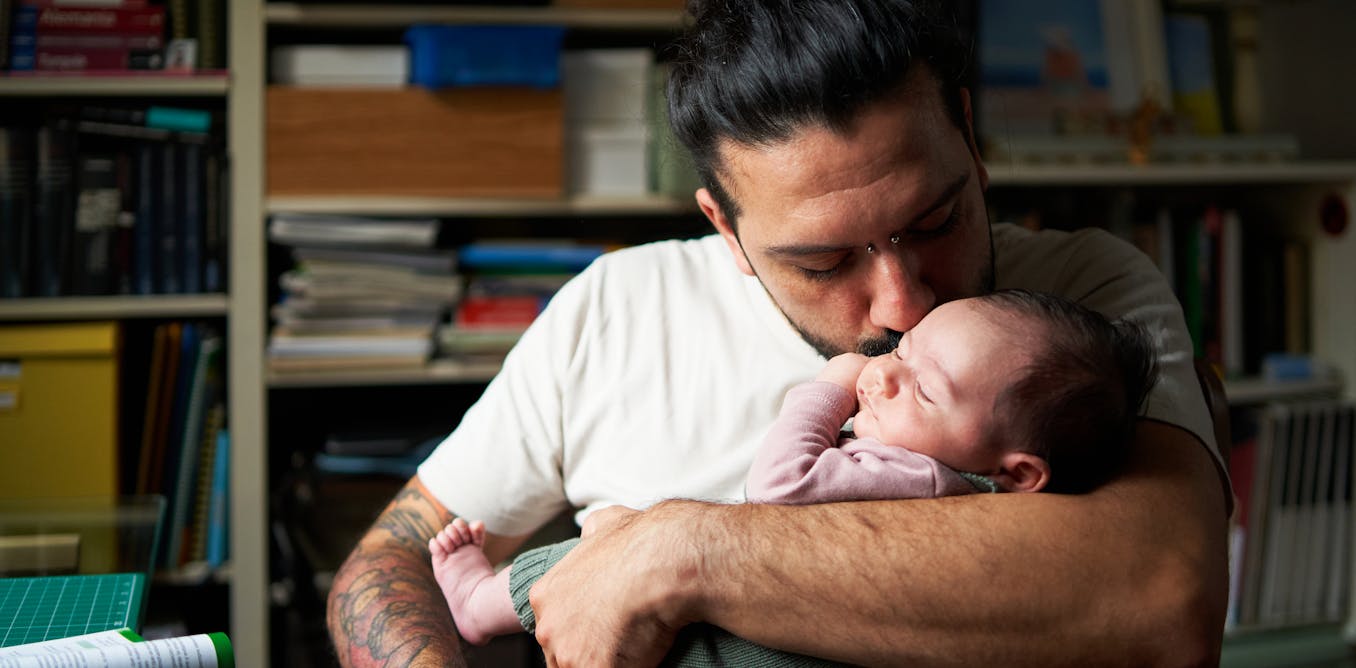Late bedtimes and not enough sleep can harm developing brains – and poorer kids are more at risk
Less sleep and later bedtimes are linked to a section of the brain involved in emotion regulation suffering reduced growth, along with weaker connections to other brain areas.
July 18, 2024 • ~5 min










